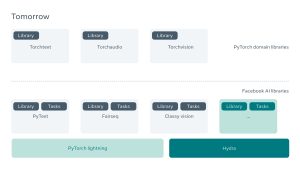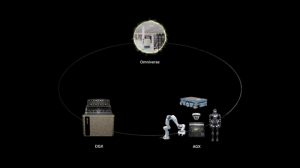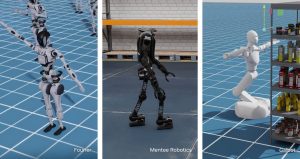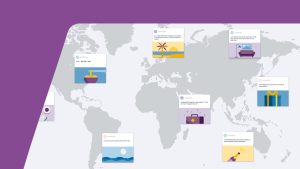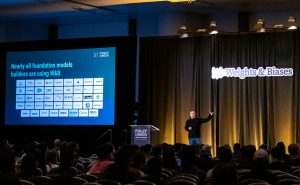BOSTON/ CAMBRIDGE, MA — In a major step for humanoid robotics, Boston Dynamics and the Robotics & AI Institute (RAI Institute) have come together to push the boundaries of reinforcement learning and its application to the Atlas robot. This partnership seeks to establish a shared training pipeline that will enable the new electric Atlas robot to develop dynamic, adaptable behaviors for mobile manipulation, bringing humanoid robots closer to practical use in real-world environments.
The collaboration builds on past successes between the two organizations, including joint work on Spot’s Reinforcement Learning Researcher Kit, which helped achieve a record 11.5 mph running speed for the quadruped. Now, the focus shifts to humanoid robots, and the partnership aims to address several key challenges:
-
Sim-to-Real for Mobility: One of the most significant hurdles in reinforcement learning for robotics is transferring simulation results to real-world robots. The teams will work together to create training policies that generate agile behaviors, closing the sim-to-reality gap and enabling new forms of locomotion on physical hardware.
-
Whole-Body Loco-Manipulation: To significantly enhance Atlas’s utility, the project will explore how it can manipulate objects—such as doors and levers—while simultaneously moving. This could provide the robot with the ability to perform more complex tasks in various environments.
-
Full-Body Contact Strategies: The collaboration will also look at high-performance locomotion and tasks requiring close coordination between Atlas’s arms and legs, such as dynamic running and heavy object manipulation. Reinforcement learning will be applied to generate such behaviors during complex contact events, allowing the robot to perform challenging tasks without strict predefined requirements.
“We are entering an exciting era for humanoid robots,” said Robert Playter, CEO of Boston Dynamics. “For humanoids to be useful, they need to be flexible enough to adapt to different environments and perform a range of tasks. Our partnership with the RAI Institute brings together two of the world’s top robotics teams to accelerate the development of capabilities that will make robots like Atlas valuable tools in real-world applications.”
Marc Raibert, Executive Director of the RAI Institute, emphasized the importance of the collaboration: “At the RAI Institute, we focus on developing technologies for future intelligent machines. Working on Atlas with Boston Dynamics allows us to push the boundaries of reinforcement learning on one of the most advanced humanoid robots in existence. This partnership is crucial for expanding the robot’s skill set and streamlining the process of acquiring new capabilities.”
Boston Dynamics is renowned for its groundbreaking advances in dynamic robots, and the latest generation of Atlas is the product of years of development aimed at creating the most capable humanoid platform. Its advanced mobility, dexterity, and sophisticated software interfaces make it an ideal candidate for advancing AI-based manipulation.
The RAI Institute, led by Marc Raibert, focuses on solving critical challenges in AI and robotics, with a goal of advancing both cognitive and physical capabilities in intelligent machines. This partnership will leverage the RAI Institute’s AI and learning expertise to push Atlas and other robots toward new levels of performance.
Updates on the project, including publications and demonstrations with Atlas, will be released periodically.




